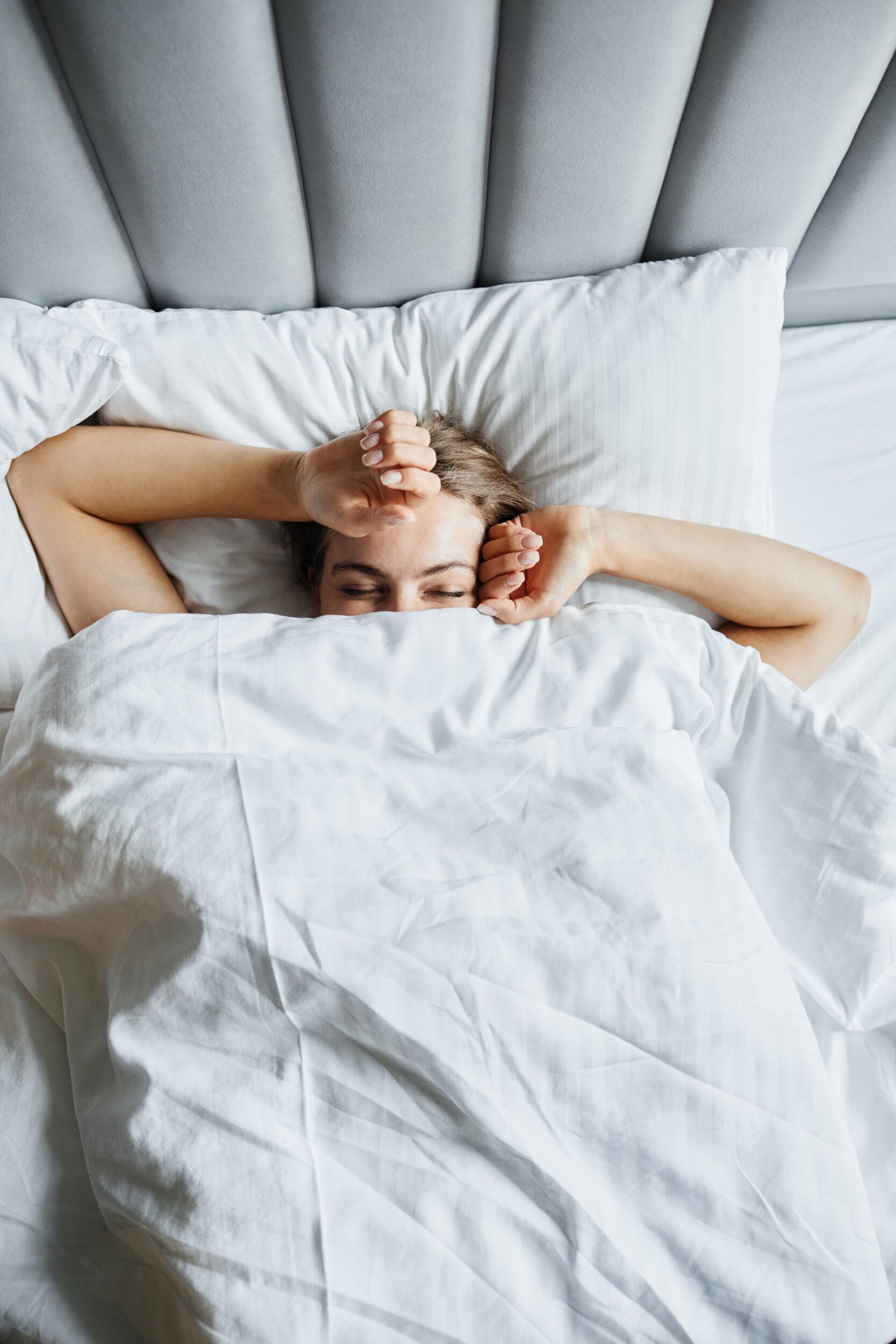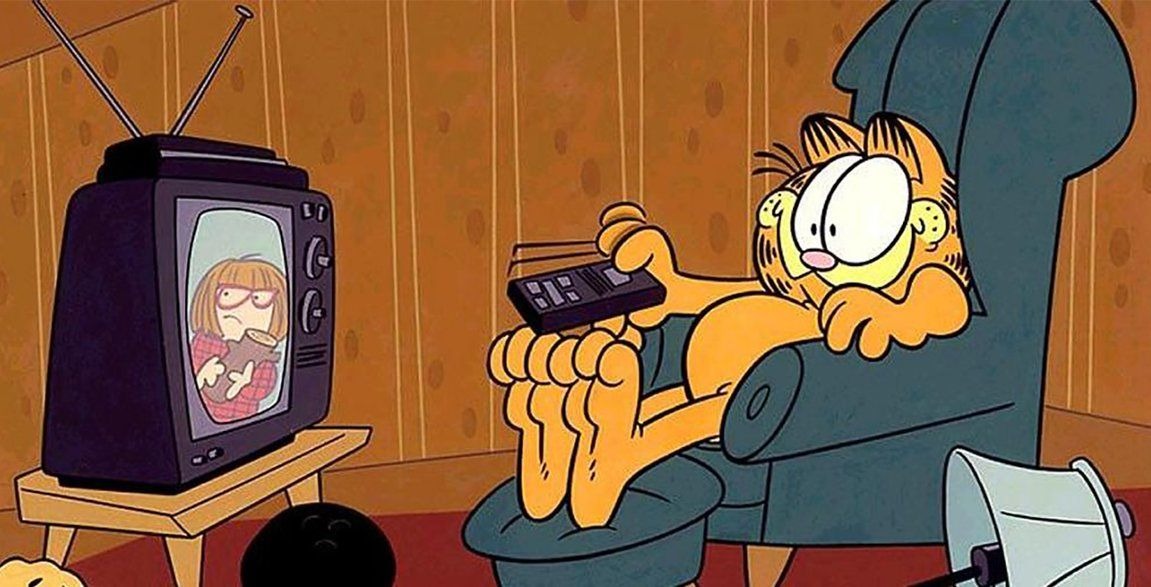If you’re used to showering at night, you’ve probably gone to bed with wet hair, either because you’re too lazy to take out the blow dryer, or because you don’t have time to let it air dry (after wrapping yourself in a microfiber towel to absorb as much moisture as possible, of course). Unfortunately, if this technique allows you to gain a few more minutes of sleep, it is not recommended for the health of the scalp and lengths. And especially not every day!
Sleeping with wet hair promotes breakage and split ends
When wet, hair is particularly fragile and vulnerable to external aggressions. Rubbing them on a pillowcase is therefore the best way to damage them, cause them to break and see split ends appear. We save time, of course, but at the expense of lengths that end up pulling the face.
By staying wet too long and too often, the hair can also develop what is called water fatigue which, according to trichologist Stephanie Sey, “ [les] damage due to excessive swelling from overexposure to water “. This “fatigue” deteriorates the scales of the cuticle which can no longer fulfill their role of protection around the hair fiber. As a result, the hair becomes dull and lacks volume and tone.

Sleeping with wet hair promotes skin infections
But that is not all! Sleeping with wet hair is not good for the scalp, which risks developing a skin infection.
Dermatologist Noëlle Sherber explains to the magazine rhythm :
Some fungi and bacteria thrive in warm, humid environments and therefore thrive on scalp skin if it remains moist for hours. Most commonly, a type of yeast called Malassezia can build up on the scalp and cause flaking, which can be mistaken for dandruff.
Going to bed with wet hair also increases your risk of developing it folliculitis of bacterial or fungal origin : is a benign infection of the hair follicle which is characterized by the appearance of small itchy red pimples which can be painful.
And it’s not just the scalp that suffers! The pillow and the pillowcase that covers it are real nests of germs that can spread the infection to other areas of the body such as the face, neck and upper limbs, even more so when they are regularly dried. water is a favorable environment for the development of microorganisms.
What to do when you really don’t have time to dry your hair?
If it’s late and you just can’t dry your hair for X or Y reasons, don’t feel guilty: it’s the regularity more than the action itself that counts, and there’s little chance you’ll develop folliculitis because you go to bed with wet hair occasionally. To limit the risk of infection, wash your pillows regularly and change your pillowcases every week. You can also opt for a silk or satin model to avoid the friction and associated breakage.
Source: Madmoizelle
Mary Crossley is an author at “The Fashion Vibes”. She is a seasoned journalist who is dedicated to delivering the latest news to her readers. With a keen sense of what’s important, Mary covers a wide range of topics, from politics to lifestyle and everything in between.




